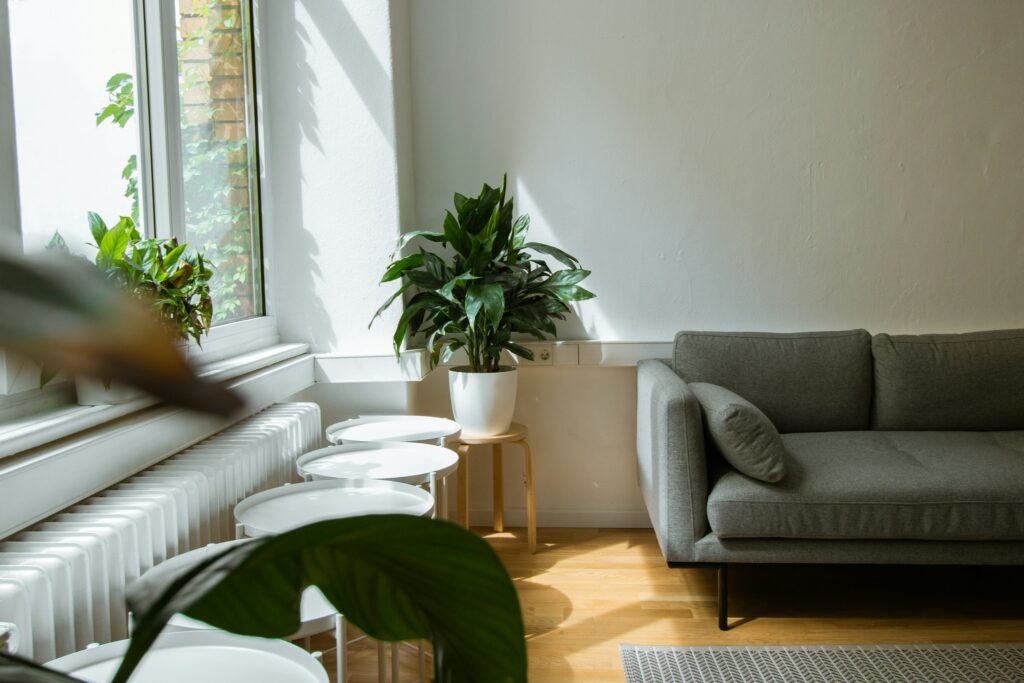Owning rental property can be a lucrative investment, but it also comes with its own set of responsibilities. One of the most critical aspects of being a successful landlord is ensuring proper property maintenance. Not only does this help preserve the value of your investment, but it also ensures the safety and satisfaction of your tenants. In this guide, we’ll explore some best practices for landlords when it comes to property maintenance.

Establish a Regular Maintenance Schedule
One of the first steps in effective property maintenance is to establish a regular schedule for inspections and maintenance tasks. This could include monthly, quarterly, and annual check-ups to address various aspects of the property, such as plumbing, electrical systems, HVAC units, and structural integrity. By staying proactive, landlords can identify and address potential issues before they escalate into costly repairs.
Respond Promptly to Tenant Requests
Tenants rely on landlords to address maintenance issues promptly. It’s essential to establish clear communication channels for tenants to report any problems they encounter. Whether it’s a leaky faucet, a malfunctioning appliance, or a pest infestation, responding promptly demonstrates your commitment to maintaining the property and keeping your tenants happy.
Perform Regular Inspections
In addition to responding to tenant requests, landlords should conduct regular inspections of the property to identify any maintenance issues proactively. Inspections can help detect issues such as water damage, mold growth, pest infestations, and structural problems. By identifying these issues early on, landlords can take corrective action before they become more significant problems.
Invest in Preventative Maintenance
Preventative maintenance is key to avoiding costly repairs down the line. This includes tasks such as cleaning gutters, servicing HVAC systems, inspecting roofing, and sealing cracks and gaps in the property. By investing in preventative maintenance, landlords can extend the lifespan of their property’s components and minimize the risk of unexpected breakdowns.
Stay Compliant with Building Codes and Regulations
Landlords must ensure that their rental properties comply with all relevant building codes and regulations. This includes adhering to safety standards for electrical, plumbing, and heating systems, as well as ensuring adequate fire safety measures are in place. Staying compliant not only protects the safety of tenants but also shields landlords from potential legal liabilities.
Keep Detailed Records
Maintaining detailed records of property maintenance activities is essential for landlords. This includes documentation of inspections, repairs, and any communications with tenants regarding maintenance issues. Not only does this help landlords track the history of maintenance performed on the property, but it also provides a paper trail in case of disputes or legal issues.
Budget Wisely for Maintenance Costs
Property maintenance can be costly, so it’s essential for landlords to budget accordingly. Setting aside funds specifically for maintenance and repairs can help ensure that landlords have the financial resources available when needed. Additionally, landlords should consider investing in landlord insurance to protect against unexpected maintenance expenses.
Consider Outsourcing Maintenance Tasks
While some landlords may prefer to handle maintenance tasks themselves, others may choose to outsource these responsibilities to professional contractors. Outsourcing can be especially beneficial for landlords who own multiple properties or lack the necessary expertise to perform certain maintenance tasks effectively. Whether it’s hiring a plumber, electrician, or general contractor, outsourcing can save time and ensure that maintenance is performed to a high standard.
Communicate with Tenants
Open communication with tenants is crucial when it comes to property maintenance. Landlords should keep tenants informed about any scheduled maintenance or repairs, as well as any changes that may affect their living conditions. Additionally, landlords should encourage tenants to report any maintenance issues promptly and provide clear instructions on how to do so.
Stay Proactive and Flexible
Finally, successful property maintenance requires landlords to stay proactive and flexible. This means being proactive in identifying and addressing maintenance issues, as well as being flexible in responding to tenant requests and changing circumstances. By staying proactive and flexible, landlords can maintain a positive relationship with their tenants and ensure the long-term success of their rental property investment.
In conclusion, property maintenance is a critical aspect of being a successful landlord. By following these best practices, landlords can ensure that their rental properties are well-maintained, safe, and comfortable for their tenants. From establishing a regular maintenance schedule to staying compliant with building codes and regulations, investing in property maintenance is essential for protecting the value of your investment and fostering positive tenant relationships.